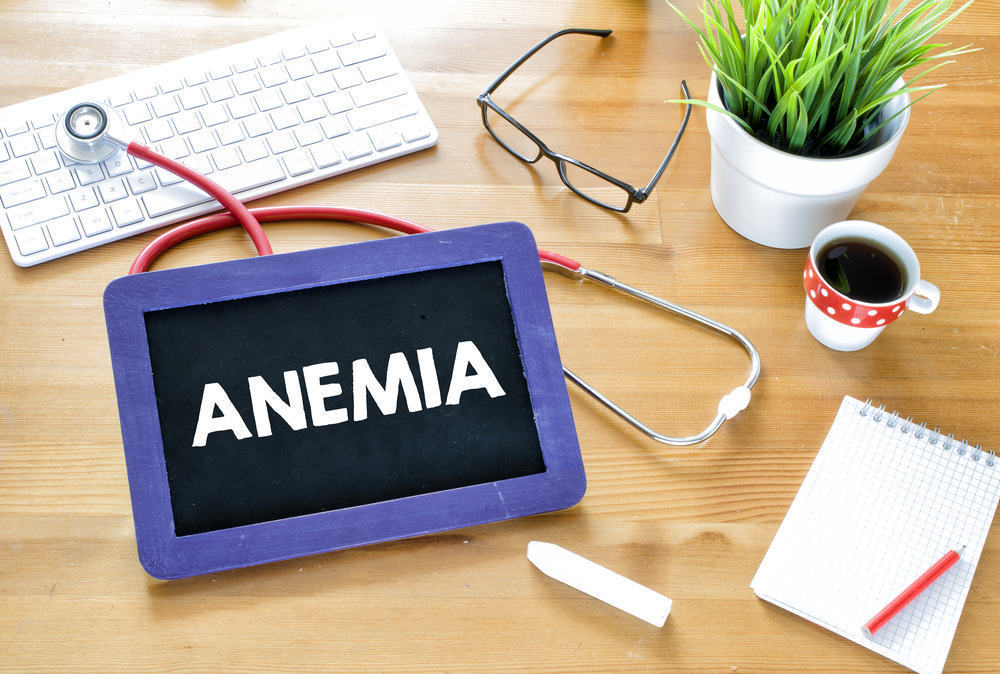Contents:
- Medical Video: What Is Hemolytic Anemia? | Treatment
- The goal of treatment for hemolytic anemia
- Blood transfusion
- Drugs
- Plasmapheresis
- Operation
- Blood cell transplantation and parent marrow
- Lifestyle changes
Medical Video: What Is Hemolytic Anemia? | Treatment
Treatment of hemolytic anemia includes blood transfusions, drugs, plasmapheresis, surgery, blood cell transplantation and parent marrow, and lifestyle changes.
People who experience mild hemolytic anemia may not need treatment, as long as the condition does not worsen. Another case in cases of severe hemolytic anemia, patients usually undergo outpatient care. Severe hemolytic anemia can be fatal if left untreated.
The goal of treatment for hemolytic anemia
The goals of treatment for hemolytic anemia include:
- Reducing or stopping the destruction of red blood cells
- Increase the number of red blood cells to normal levels
- Treat the underlying cause of hemolytic anemia
The treatment given by a doctor depends on the type, cause and severity of the hemolytic anemia you have. Your doctor will also consider your age, overall health condition, and medical history.
Patients with inherited / hereditary hemolytic anemia may require outpatient treatment, while patients with underlying disease hemolytic anemia will gradually recover after the cause can be found and treated.
Blood transfusion
Blood transfusion is done to treat severe or life-threatening hemolytic anemia.
Blood transfusion is a common procedure when blood is given to you via intravenous (IV) in one of the blood vessels. Blood from a donor used during transfusion must match the recipient's blood.
Drugs
Certain drugs can develop several types of hemolytic anemia, especially Autoimmune Hemolytic Anemia (AIHA). Corticosteroid drugs, such as prednisone, can stop or limit the ability of the immune system to make antibodies (proteins) to red blood cells.
If your body does not respond to corticosteroids, your doctor will prescribe other drugs to suppress your immune system, such as rituximab and cyclosporine.
If you have severe sickle cell anemia, your doctor can recommend a drug called hydroxyurea. This drug encourages your body to make fetal hemoglobin. Fetal hemoglobin is a hemoglobin type of a newborn baby.
In sickle cell anemia patients, fetal hemoglobin can prevent red blood cells from turning into sickle cells that trigger anemia.
Plasmapheresis
Plasmapheresis is a procedure for removing antibodies from the blood. In this procedure, blood is taken from the body using a needle inserted into a vein.
Plasma, which contains antibodies, is separated from the blood. Then, plasma from the donor and the remaining blood is put back in your body.
This treatment can be undertaken if other treatments for immune hemolytic anemia are unsuccessful.
Operation
Some patients with hemolytic anemia may need surgery to remove the spleen, the organ in the stomach. A healthy spleen functions to fight infection and filter out old or damaged blood cells.
The damaged and enlarged spleen can cause anemia due to too much red blood cells being removed. Removal of the spleen can stop or reduce the high level of damage to red blood cells.
Blood cell transplantation and parent marrow
In some types of hemolytic anemia such as thalassemia, the bone marrow cannot make healthy red blood cells in sufficient quantities. Healthy red blood cells are destroyed before their life cycle ends. The condition of hemolytic anemia like this can be treated through a blood cell and marrow transplantation procedure.
Transplanting blood cells and parent marrow replaces damaged cells with healthy ones from donors.
Transplant procedures are generally similar to blood transfusions. You can get a stem cell donor through a tube placed in a vein. After entering the body, donor stem cells will flow towards your bone marrow and start making new blood cells.
Lifestyle changes
If you have AIHA with cold-reactive antibodies, try to avoid cold temperatures to prevent damage to red blood cells. It is important to protect the fingers, toes and ears from cold temperatures.
Tips for avoiding cold temperatures:
- Use gloves when taking food from the fridge or freezer.
- Wear hats, scarves and coats with comfortable cuffs during cold weather.
- Turn off the air conditioner or wear warm clothes while in an air-conditioned room.
- Heat the car before driving in cold weather.
Patients are deficient glucose-6-phosphate dehydrogenase (G6PD) can avoid substances that can trigger anemia, such as fava beans, naphthalene (substances found in some camphor products), and certain drugs (according to doctor's advice).












